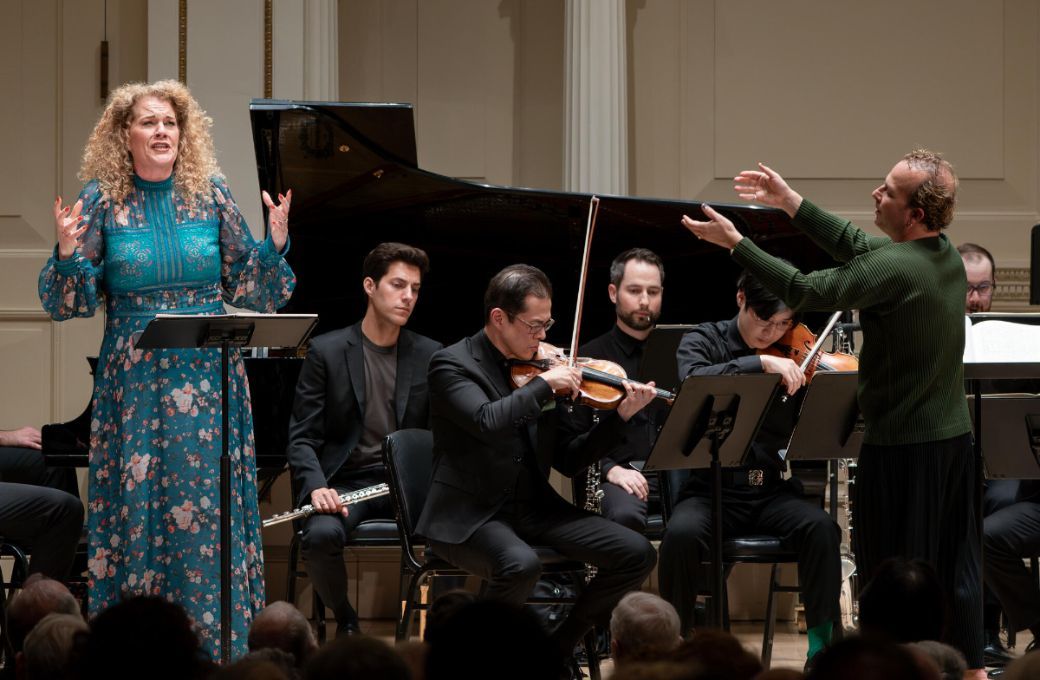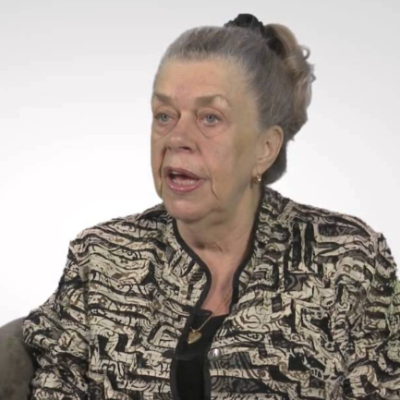This Met Orchestra Chamber Ensemble concert featured two rarely heard 19th-century gems alongside Thomas Adès’ 21st-century Alchymia. The evening opened with Emmanuel Chabrier’s setting of Charles Baudelaire’s L’Invitation au voyage in which the poet invites his lover to escape to a mysterious place of “luxe, calme et volupte”. The well-known poem has inspired several musical inventions, the most famous being those composed by Henri Duparc. In Chabrier’s lesser known but more robust chamber version, the voice and piano are joined by an obbligato bassoon. Susanna Phillips delivered a graceful reading. Her radiant soprano, with its lustrous high notes, was a perfect fit for Chabrier’s seductive score, while the plangent sounds of William Short’s bassoon and the restless chromaticism of Bryan Wagorn’s piano accentuated Baudelaire’s exotic imagery.
Adès’ Alchymia is a clarinet quintet from 2021, inspired by four songs from Elizabethan London. The title alludes to the ancient alchemists’ goal of turning base metals into gold, and each of the four movements deals with a transformation. In the first, A Sea-Change (a reference to Ariel’s song from The Tempest which describes the eyes of the supposedly drowned king being changed into pearls), a simple four-note falling pattern in the basset clarinet becomes increasingly intense and ornate as it is tracked by the strings. In the scherzo-like The Woods So Wild (based on William Byrd’s popular Tudor song), a quiet clarinet theme is twisted into dizzying harmonies by the strings. Lachrymae, based on John Dowland’s melancholy song, calls to mind the sounds of an Elizabethan viol consort, and in the final movement, Divisions on a Lute-song: Wedekind’s Round, a cheerful barrel-organ melody from Alban Berg’s opera Lulu evolves into a passage of fervent intensity. With his agile, exquisitely toned instrument, clarinetist Anton Rist made the demands of the challenging work seem effortless. The fleet fingered string players – violinists Jeremías Sergiani-Veláquez and Sylvia Danburg Volpe, violist Tal First, and cellist Joel W Noyes – served the magical music equally well. The effect of the bright, free-floating 20-minute work – by turns blissful and demonic – was mesmerizing and memorable.

The highlight of the program was Arnold Schoenberg’s chamber-sized arrangement of Gustav Mahler’s Das Lied von der Erde. In 1921 Schoenberg took on the task of reducing the score of the hour-plus song-symphony, but his drafts remained unfinished until completed by conductor and musicologist Rainer Riehn in the early 1980s.
Mezzo Michelle DeYoung, highly experienced in this music, sang with warmth and sensitivity. She was immediately impressive in the opening Der Einsame im Herbst, her emotion-laden instrument a perfect complement to John Upton’s solitary oboe. She handled the challenging middle section of Von der Schönheit effortlessly, each note clearly articulated, and was especially moving in the ending of Der Abschied where the final word, “ewig” (forever), slowly faded away and delicately merged with the Instruments.
Ben Bliss, a prominent Mozartian tenor, was briefly overpowered by Erik Ralske’s French horn in the opening measures of the characterful Das Trinklied von Jammer der Erde, but went on to deliver an appealingly ardent and vigorous musical characterization. His diction was excellent, with every note, no matter how high, hit securely in the middle. In both Von der Jungend and Der Trunkene im Frühling he was marvelously expressive. Under Met Opera Music Director Yannick Nézet-Séguin, the dozen players sounded superb, performing throughout with passion, refinement and character.


